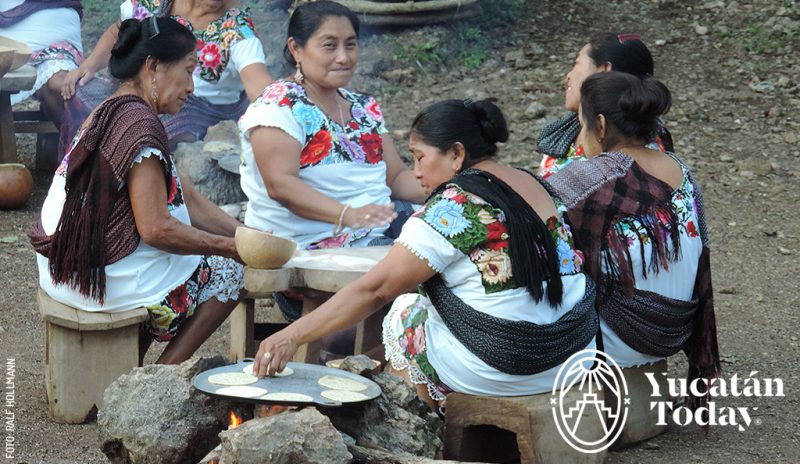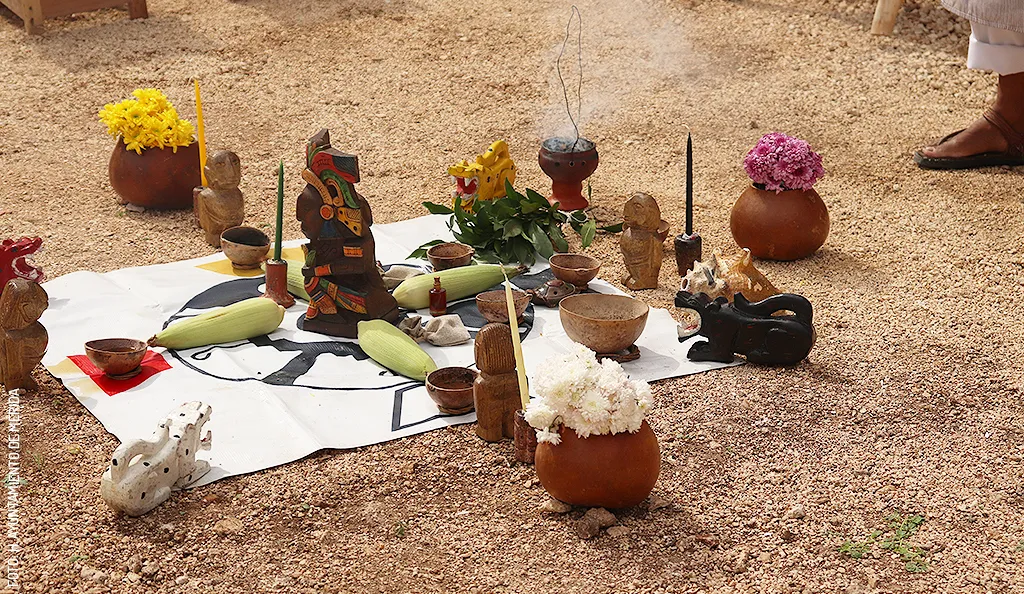
Celebrate your Maya Wedding in Yucatán!
“In yaakumech” (“I love you” in Maya)
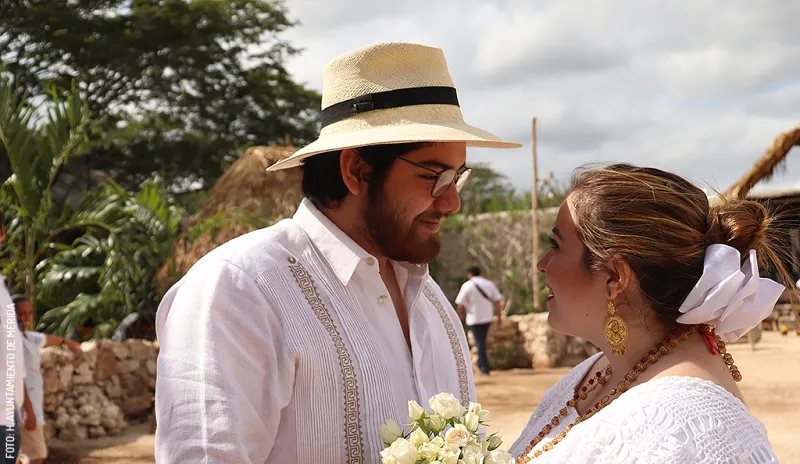
Imagine your wedding ceremony surrounded by symbols of great tradition and pre-Hispanic roots, with the music of conch shells and the aromas of honey, cacao and “balché” (Maya wine). If you decide to have your wedding or renew your vows with a symbolic, spiritual, and sacred ritual, the Maya ceremony is ideal for you.
Even though it doesn’t have legal value, it restores the union that the Maya had with nature. Normally it’s performed by a “chamán” (priest) in the Maya language, and begins one day in advance with a “temazcal” bath, that purifies and prepares the couple for their union.
On the ceremony day, the future newlyweds, dressed in white, also the guests can attend in light colors. The couple go inside a circle made out of sugar, marked on the ground by the “chamán,” who previously asked permission to the “bacabes” (Maya gods) corresponding to the four cardinal points. At the center an altar is prepared with representative elements from the four natural elements, using the colors white, black, blue, green, red, and yellow, which symbolize life and its cycles.
Just as in other religions, the couple is given symbols of prosperity. In the Maya wedding it is represented by cacao; corn, so they will always have food on their table; and honey, so the sweetness of love is always present in their relationship.
The setting is flooded with the scents of copal, cinnamon, and incense. Flowers are offered, water as a symbol of the simplicity in life, seeds and “balché,” a Maya beverage made from the bark of the tree with the same name, fermented in water. Traditional songs and music with drums, maracas and shells make this special moment mystical. The attendees surround the couple and at the end of the ceremony they light candles, illuminating their new chapter with good wishes.
The banquet can be “Queso Relleno,” tamales, “Pavo en Escabeche,” “Pollo Pibil,” “Poc Chuc,” and “pozol,” a local beverage made from corn.
Maya weddings can be held in blessed ancestral places, like caves, cenotes or in exterior settings surrounded by nature. Their simplicity, originality, and deep significance ensure that this special moment becomes a unique experience.

Author: Violeta H. Cantarell
“Meridana,” traveler, animal lover, passionate reader, commentator, and enthusiastic promoter of the natural and human beauty of Yucatán.
¡Receive the latest articles and much more from the best of Yucatán in your email!
Related articles
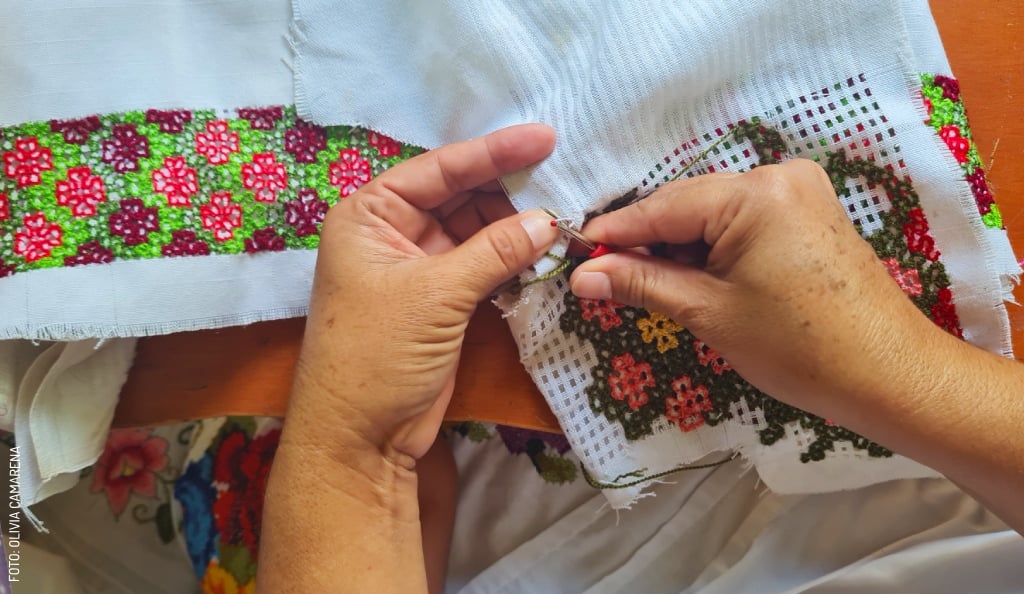
Yucatecan Embroidery: Heritage and Maya Identity
The beautiful heritage of embroidery: techniques, stories, and craftsmanship throughout the whole state. An special article from UNESCO to Yucatán.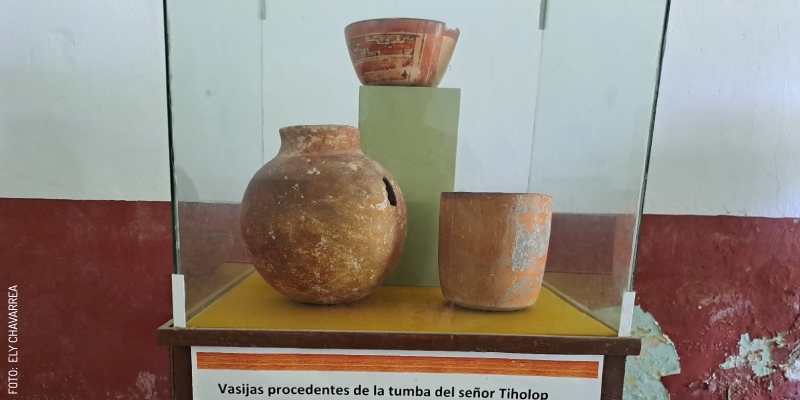
Community Museums in Yucatán
Explore the world of community museums in Yucatán, showcasing local heritage and unity. Learn about the unique Jacinto Canek museum in Tiholop!